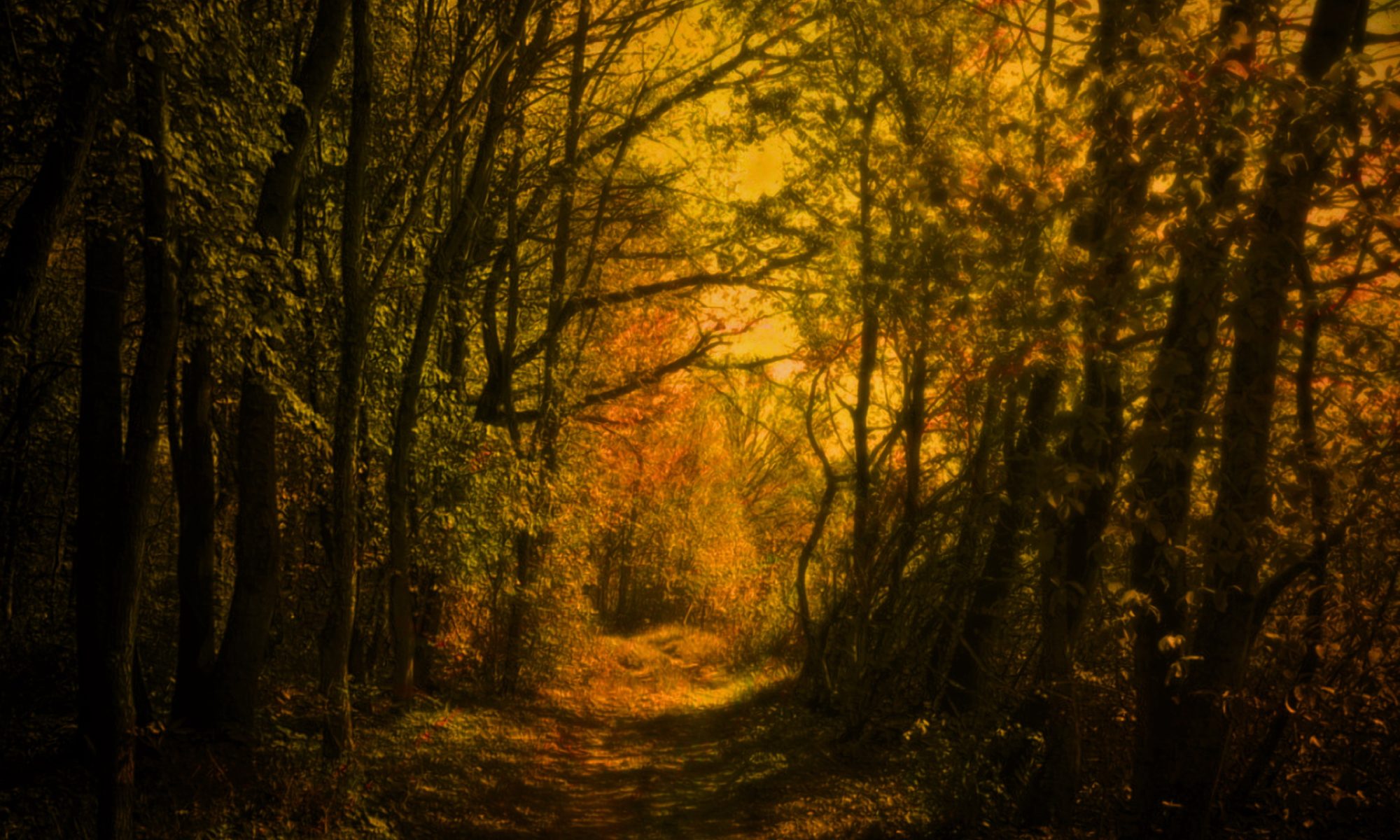How did we get here?
Life in the twenty-first century sometimes feels hurried, competitive, and out of sync with the rhythms of Nature.
This is not a new feeling. As far back as the nineteenth century, the industrial revolution sparked an interest in finding a different way to live — one that would elevate community over competition, that would respect rather than exploit the natural environment, and that would promote, through contemplation of that environment, deep reflection about the meaning of life itself.
When Henry David Thoreau built himself a small house in the woods beside Walden Pond near Concord, Massachusetts in 1845, he set out to live, as he put it, deliberately. His experiment in pursuing an alternative to modern life, famously chronicled in his 1854 book Walden, was a solitary rather than communal one, but his account of it set forth a challenge to the values organizing industrial society in ways that still resonate today.
Others, meanwhile, did attempt to establish communities based on principles of shared wealth, equality, respect for nature, simplicity, and what we would now call sustainability. And many such communities exist in our own time. Often they describe themselves as intentional — a word that echoes Thoreau’s call to live deliberately.
To understand contemporary intentional communities — what drives them, how they work, what obstacles they must overcome — it’s necessary to look in at least two directions: outwards, to observe, engage with, and learn firsthand from practitioners in active, ongoing communities; and backwards, to consider the motivations, challenges, and ultimate fate of historical communities such as the Shakers, the inhabitants of New Harmony in Indiana, the participants in the Brook Farm experiment in Massachusetts, or the members of the Oneida community in New York.
Is it ironic that we used the latest technologies to emerge from industrial society — the computer, the internet — in an effort to understand the pursuit of a simpler, more natural, less alienated way of life? Maybe. That’s one question our course took up. The answer seems decidedly less obvious when you consider that from its earliest days, the internet has been regarded by some as a new space for community, offering a platform for sharing and spreading ideas and practices that promote a better understanding of the environment, more sustainable ways of living, and more egalitarian decision-making.
In a digital age, we asked ourselves, what is the meaning of the word community?

